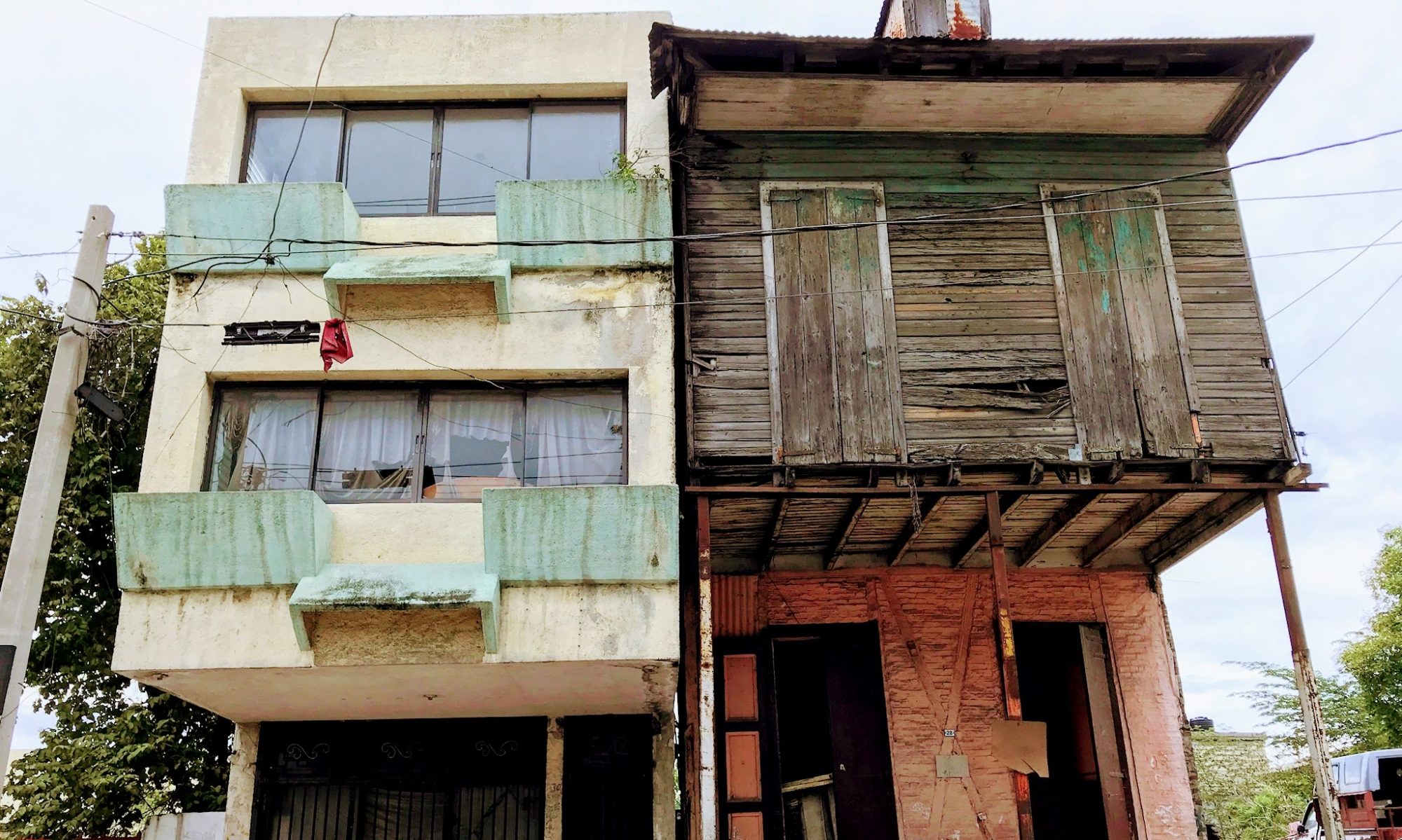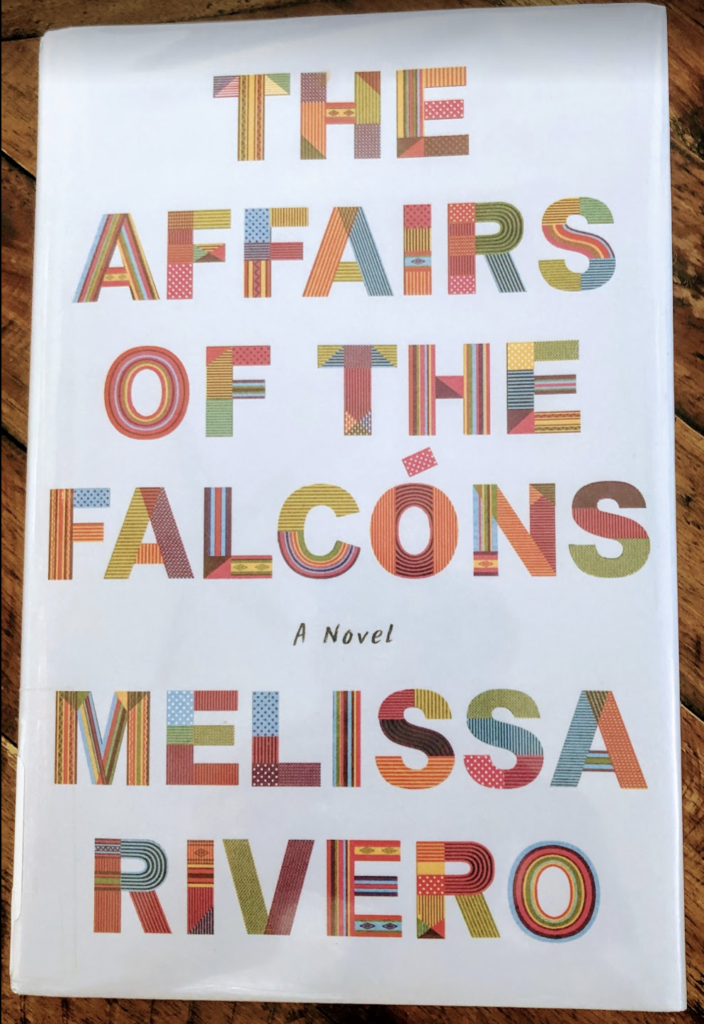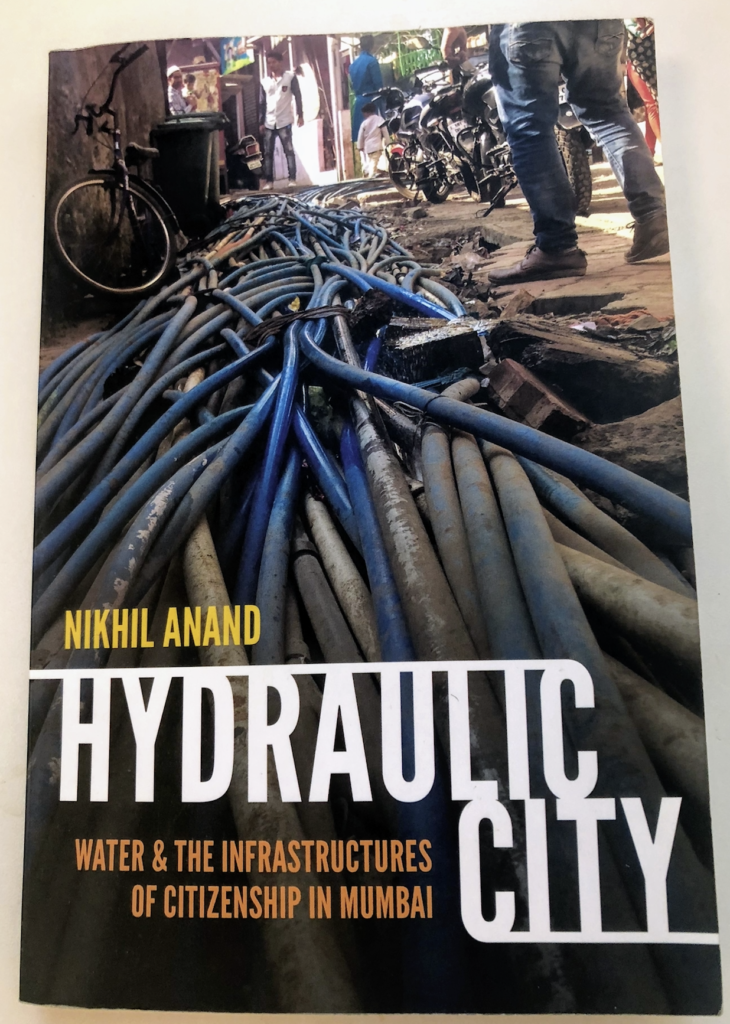As an academic, I suffer from a chronic complex of I-should-always-be-working, but in recent months I’ve decided that there is no point in this career if it precludes doing things that I enjoy. So I’ve made a point of actively reading fiction alongside scholarship. It helps that I’ve rediscovered the public library (farewell Amazon! 💸).
Some of the fiction has been urgent, like the recently published The Affairs of the Falcóns by Melissa Rivero, which takes the reader into the intimate world of a family of undocumented Peruvian immigrants in the 1990s. I read this in about two days. Highly recommended (would also be good for undergrads). I’m also returning to Beloved by the late, great, Toni Morrison.
Right now, I’m developing a chapter for my book manuscript about construction and the urban water supply in Port-au-Prince, so I’ve been reading some great work about the history and anthropology of water infrastructure. I’m reading Nikhal Anand’s 2017 book Hydraulic City: Water and the Infrastructures of Citizenship in Mumbai and Matthew Vitz’s 2018 City on a Lake: Urban Political Ecology and the Growth of Mexico City. These books deal with the anthropology and history of urban water infrastructures. These are both great examples of the growing literature of the social life of the built environment in an era of profound ecological transformation.


